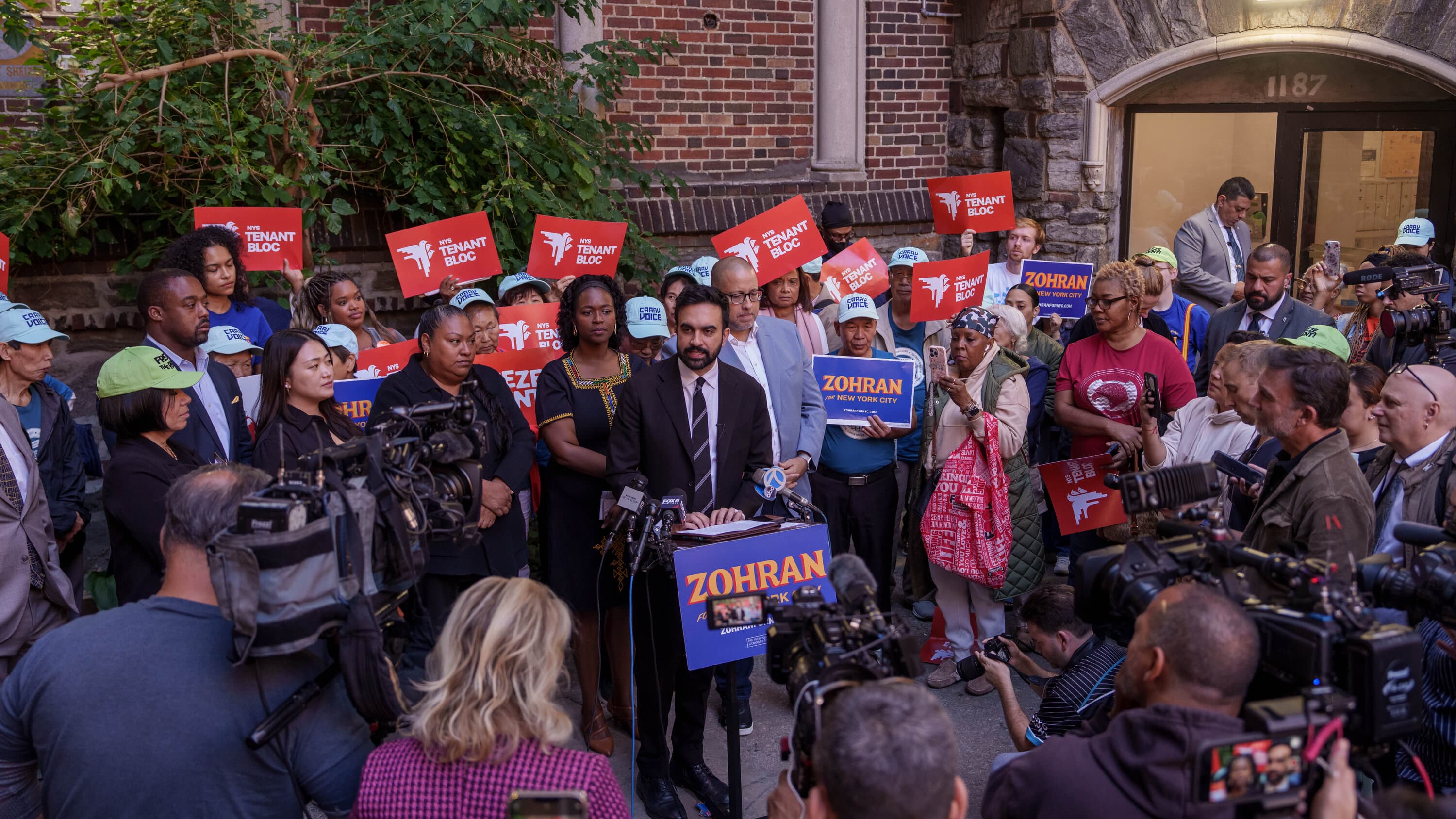Housing-Focused Candidate Draws Scrutiny for Undisclosed Stance on Key Ballot Measures

A political candidate, whose campaign is largely centered on addressing housing issues, is facing criticism for their apparent refusal to take a public position on crucial housing-related ballot measures. Social media commentator Kenny Burgos highlighted this inconsistency, noting the candidate's broad engagement on other topics. The lack of a clear stance on these specific measures has raised questions about the candidate's commitment and transparency.
Housing ballot measures are increasingly vital tools for local governments to tackle affordability crises and fund development initiatives. These measures often secure dedicated local funding sources, enabling cities to address capital gaps in affordable housing projects and support stressed housing ecosystems. They allow for tailored solutions to specific community needs, impacting zoning laws, project approvals, and public funding distribution.
Public expectation often dictates that candidates articulate clear positions on significant local issues, particularly when those issues form the bedrock of their electoral platform. A candidate's silence on such direct policy questions can be perceived as a lack of conviction or a strategic avoidance, potentially eroding voter trust. This dynamic is especially pronounced in local elections where voter turnout can be lower, making each candidate's stance more impactful.
Kenny Burgos articulated this concern on social media, stating, > "Again — the candidate who has centered his candidacy around housing, endorsed the need to build more housing, on the literal ballot with these measures, taken a position on nearly every issue even ones outside of City Hall purview — somehow has no position on these ballot measures. Not good." This direct critique underscores the perceived contradiction in the candidate's approach.
The significance of housing ballot measures has been demonstrated in various regions, with some measures successfully raising substantial funds for affordable housing and homelessness support. For instance, Los Angeles County voters approved a measure to generate over $1 billion annually for affordable housing, while Rhode Island voters supported a $120 million housing bond. Such initiatives highlight the tangible impact these measures can have on a community's housing landscape, making a candidate's position on them a key indicator for voters.